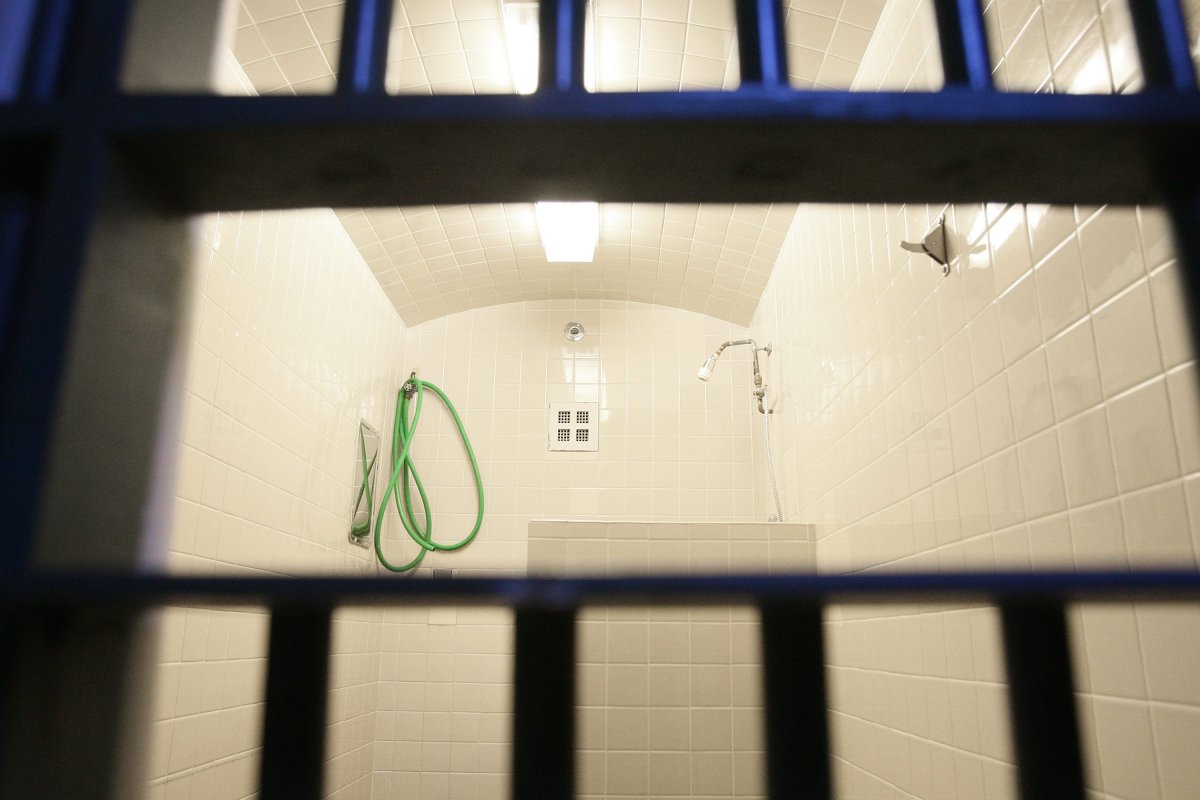Abbotsford Police routinely spend the night dealing with people who aren’t criminals.

They’ll spend hours, Chief Constable Bob Rich told a parliamentary committee, in emergency rooms waiting for individuals they’ve apprehended to see a doctor.
Mental illness is costing police forces more than ever, says a Commons committee report on policing economics, released Tuesday.
And when they are convicted of crimes – often non-violent ones, at least the first time – people with mental illness are overwhelming Canada’s prison system. They serve their sentences without adequate treatment, spend time in segregation that’s proven to make their condition worse and often leave prison more dangerous than when they entered.
Specialized psychiatric prisons were supposed to address that. But as a Global News investigation revealed, inmates at those institutions are far more likely to die and be assaulted than anywhere else.
The federal government said earlier this month it’ll conduct a two-bed pilot project on a treatment initiative that’s been on offer for years. And Ottawa’s promised a response to the hundred-plus recommendations into Ashley Smith’s death in December.
Not soon enough, says NDP corrections critic Randall Garrison.
“We have an urgent problem – now,” he said.
Fifty-eight inmates have killed themselves since Ashley Smith’s death, Garrison said, citing statistics from prison watchdog Howard Sapers.
“That’s about five times the rate of suicide in the outside population,” he added. “It indicates there’s something seriously wrong.”
Garrison’s introducing a motion to the Standing Committee on Public Safety and National Security to study “all aspects of mental illness in Correctional Service of Canada institutions with a focus on effective programming for inmates, the design of new and existing facilities to meet the needs of 21st Century correctional practices, and minimizing threats to offender safety and the safety of correctional staff,” and then report the findings to the House of Commons.
“There’s no reason for the government to vote against a motion like this,” he said.
But he thinks they will.
“I assume they’re going to tell us that everything’s fine, we’re doing a pilot project and we’ve started all the things we need to start.
“I think things are much more urgent than that.”
Public Safety Minister Steven Blaney has said he’s “very well aware that inmates with mental health issues are more vulnerable to incidents in our facilities.
And that, he said, is why Ottawa laid out its new action plan on inmates with mental illness May 1 – even though, Sapers points out, Corrections Canada has had a mental health strategy since 2010 it has yet to fully implement.
READ: Randall Garrison’s motion to study mental illness in Canadian prisons





Comments